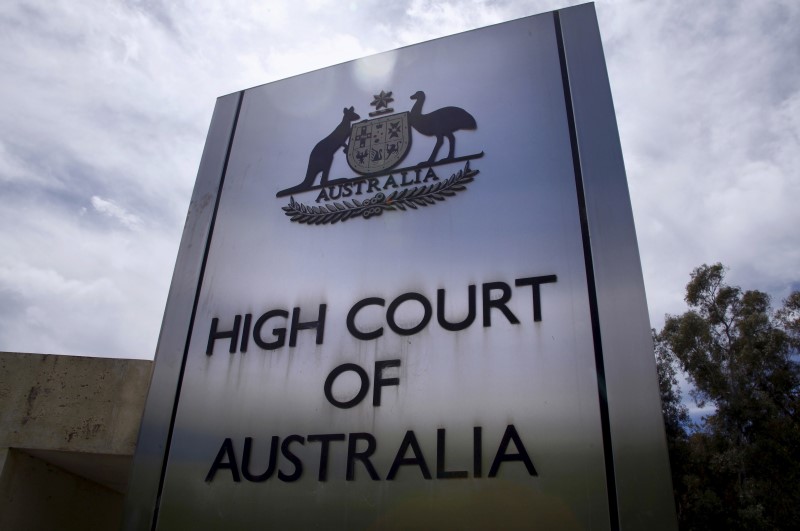In a landmark 4-3 decision, the High Court has ruled against the state of Victoria's controversial EV user charge. The levy required EV drivers to pay the state around two cents per kilometre travelled.
Two Victorian EV owners brought the case, arguing that the tax was not legal, as it constituted an excise that only the Federal Government could impose.
Far-reaching governance implications
The High Court ruled in favour of the plaintiffs, leading to the scrapping of the tax.
The ruling focuses on the argument that Victoria's road-user charge on electric and hybrid vehicles is a tax on the consumption of goods, falling within section 90 of the Constitution, which prohibits states from imposing duties.
This decision has far-reaching implications for various state taxes, potentially undermining state revenues and sparking debates on federal-state relations and broader tax reforms.
Critics argue that this decision, while specifically addressing EV taxes, may prompt states to reevaluate their entire taxation systems, which could have a significant impact on state budgets.
Moreover, if it’s taken to its extreme, the High Court's decision could prohibit states from imposing any tax on goods.
This could affect not only the existing taxes but also potential future levies, including stamp duties on business and infrastructure assets.
One immediate area of concern is state taxes on luxury vehicle registration and livestock transfers, both of which could face challenges following this ruling.
And the implications extend further, potentially covering any state tax on the sale or use of goods, including mining royalties.
How will EV drivers contribute to roads?
The ruling has also reignited the debate over how Australia should adapt its taxation policies and consider broader road reform to accommodate the growing popularity of electric vehicles.
One of the critical points of contention for the pro-levy camp was the taxation of EVs compared to conventional vehicles.
Traditional car owners currently pay around $1,200 per household per year in fuel taxes, while electric car owners pay nothing.
With traditional fuel tax revenues declining as EV adoption rises, it is essential to find sustainable and equitable ways to fund road infrastructure.
Victoria was the only state imposing such a tax, but others had planned similar levies, which are now under scrutiny.
With EVs offering a cleaner and more fuel-efficient alternative, experts argue that it is time to rethink road funding so that it doesn’t unfairly penalise drivers for the uptake of the technology.
Sustainable taxes for road users
One possible solution is congestion pricing. This type of levy, already implemented in cities like London and Singapore, could help alleviate city gridlock by charging drivers more for travelling in busy areas during peak hours.
Another approach is the introduction of a uniform federal road user charge applicable to all vehicles, regardless of their power source. This approach would simplify the taxation system and ensure a fair contribution from all drivers.
Behyad Jafari, CEO of the Electric Vehicle Council, advocates for a national conversation about road funding reform. He argues that fairness should be a central consideration, with charges reflecting the costs imposed on infrastructure and services.
The High Court's decision marks a pivotal moment in the discussion about state and federal taxation responsibilities, but also policy making in relation to EV uptake and road funding.
As the country transitions towards a greener transportation future, finding equitable and sustainable ways to support road infrastructure remains a pressing challenge that policymakers and experts must address collaboratively.
